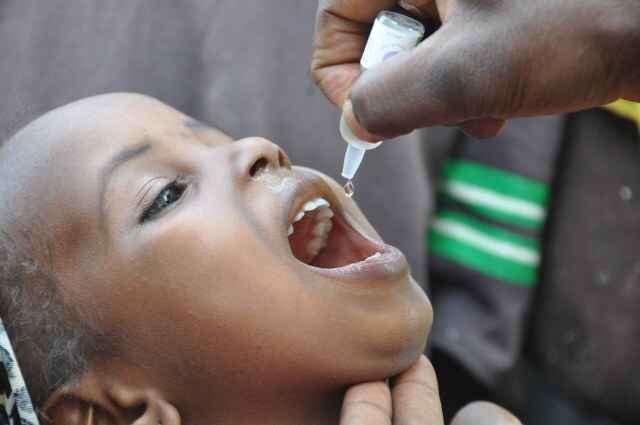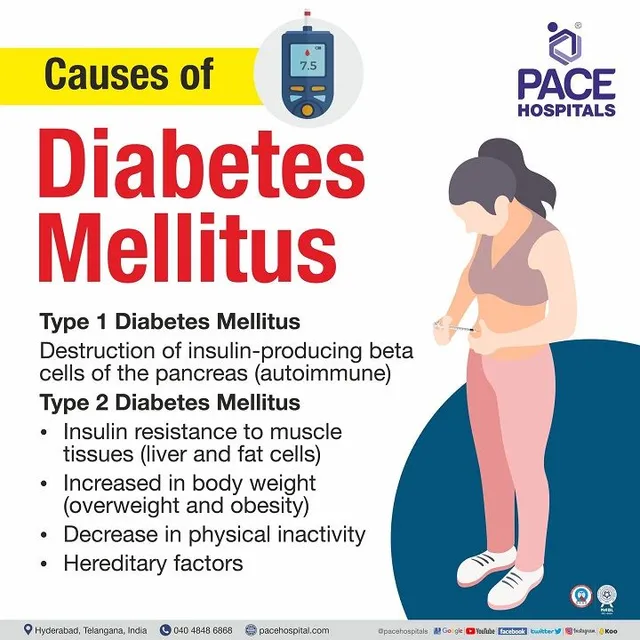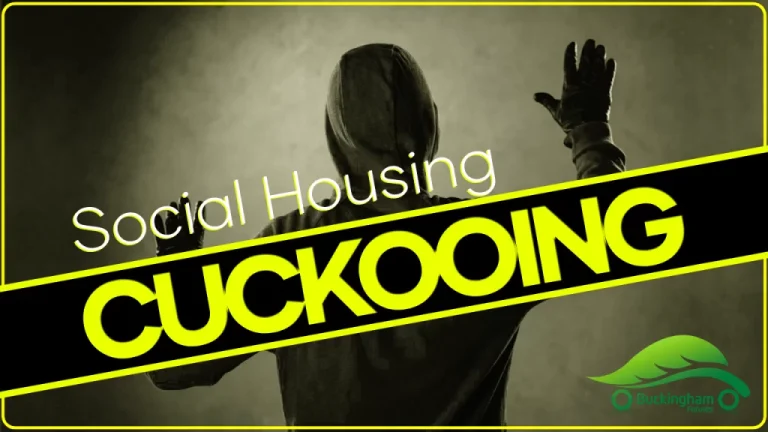The Importance of a Polio Vaccination Certificate : A Comprehensive Guide
polio vaccination certificate, or poliomyelitis, is a highly infectious viral disease that primarily affects young children. It can lead to paralysis, difficulty breathing, and even death. Thanks to global vaccination efforts, polio has been eradicated in most parts of the world. However, the disease still exists in a few countries, making vaccination and proper documentation, such as a Polio Vaccination Certificate, crucial for public health and international travel. In this article, we’ll explore the significance of a polio vaccination certificate, its role in global health, and how to obtain one.
What is a Polio Vaccination Certificate?
A Polio Vaccination Certificate is an official document that verifies an individual has been vaccinated against poliovirus. This certificate is often required for international travel, especially to and from countries where polio is still endemic or where there is a risk of polio outbreaks. The certificate serves as proof that the individual has received the necessary doses of the polio vaccine, reducing the risk of spreading the disease.
The certificate typically includes the following information:
- The individual’s name and date of birth.
- The date(s) of vaccination.
- The type of vaccine administered.
- The name and signature of the healthcare provider or clinic.
- An official stamp or seal from the issuing authority.
Why is a Polio Vaccination Certificate Important?
1. Global Health Security
Polio is a highly contagious disease that can spread rapidly, especially in areas with poor sanitation and low vaccination rates. A polio vaccination certificate helps ensure that individuals traveling to or from at-risk countries are protected against the virus, reducing the likelihood of outbreaks.
2. International Travel Requirements
Many countries require proof of polio vaccination for travelers, particularly those coming from or visiting regions where polio is still prevalent. The certificate may be requested at border crossings, airports, or during visa application processes. Failure to provide this documentation can result in denied entry or mandatory vaccination upon arrival.
3. Eradication Efforts
The Global Polio Eradication Initiative (GPEI), led by organizations like the World Health Organization (WHO), UNICEF, and the Centers for Disease Control and Prevention (CDC), aims to eliminate polio worldwide. Vaccination certificates play a key role in monitoring and enforcing vaccination coverage, ensuring that individuals are contributing to global eradication efforts.
4. Personal Protection
Polio can cause lifelong disabilities, including paralysis. By obtaining a polio vaccination certificate, individuals protect themselves from the virus and contribute to herd immunity, which safeguards those who cannot be vaccinated due to medical conditions.
Polio vaccination certificate
Polio vaccine certificate
Polio vaccination proof
Polio certificate for travel
How to get a polio vaccination certificate
Polio vaccination requirements
International travel polio certificate
Polio eradication vaccination
Polio vaccination documentation
Polio vaccine travel requirements
How to Obtain a Polio Vaccination Certificate
Obtaining a polio vaccination certificate is a straightforward process. Here’s a step-by-step guide:
1. Get Vaccinated
The first step is to receive the polio vaccine. There are two types of polio vaccines:
- Inactivated Polio Vaccine (IPV): Administered as an injection, IPV is the most common form of the vaccine in many countries.
- Oral Polio Vaccine (OPV): Given as drops, OPV is often used in mass vaccination campaigns in developing countries.
Consult your healthcare provider to determine which vaccine is appropriate for you or your child.
2. Visit a Certified Healthcare Provider
Ensure that the vaccine is administered by a licensed healthcare provider or clinic. They will record the details of the vaccination, including the date, type of vaccine, and batch number.
3. Request the Certificate
After receiving the vaccine, ask your healthcare provider for a polio vaccination certificate. They will fill out the necessary information and provide an official document.
4. Keep the Certificate Safe
Store the certificate in a secure place, as you may need to present it for international travel or other purposes. Consider making digital copies for backup.
Countries Requiring a Polio Vaccination Certificate
Several countries have specific requirements for polio vaccination, particularly for travelers coming from polio-endemic or high-risk regions. As of recent updates, the following countries may require proof of polio vaccination:
- Afghanistan
- Pakistan
- Nigeria
- India (for travelers from endemic regions)
- Certain African and Middle Eastern countries
It’s essential to check the latest travel advisories and requirements for your destination before traveling. The WHO and CDC websites are reliable sources for up-to-date information.
The Role of Polio Vaccination Certificates in Eradicating Polio
Polio vaccination certificates are more than just travel documents; they are a critical tool in the global fight against polio. Here’s how they contribute to eradication efforts:
1. Monitoring Vaccination Coverage
Certificates help health authorities track vaccination rates and identify areas with low coverage. This data is essential for planning targeted vaccination campaigns.
2. Preventing Cross-Border Transmission
By requiring proof of vaccination, countries can reduce the risk of importing polio cases from endemic regions. This is particularly important in maintaining polio-free status.
3. Encouraging Compliance
The requirement of a vaccination certificate encourages individuals to get vaccinated, ensuring higher immunization rates and better protection for communities.
Common Questions About Polio Vaccination Certificates
1. Is a polio vaccination certificate mandatory for all travelers?
No, it is only required for travelers visiting or coming from countries with a risk of polio transmission. However, it’s always a good idea to stay updated on vaccination requirements for your destination.
2. How long is a polio vaccination certificate valid?
The validity period varies by country. Some countries require proof of vaccination within the last 12 months, while others may have different timelines. Check the specific requirements for your destination.
3. Can I get a polio vaccination certificate if I was vaccinated years ago?
Yes, you can request a certificate from your healthcare provider or local health department. They may need to verify your vaccination records before issuing the document.
4. What if I lose my polio vaccination certificate?
Contact the healthcare provider or clinic where you received the vaccine. They should have a record of your vaccination and can issue a replacement certificate.
The Future of Polio Vaccination Certificates
As the world moves closer to eradicating polio, the role of vaccination certificates may evolve. In the future, digital health passports or integrated vaccination records could replace traditional paper certificates, making it easier to verify vaccination status and streamline international travel.
Conclusion
A Polio Vaccination Certificate is more than just a piece of paper; it’s a vital tool for protecting public health, ensuring safe travel, and contributing to the global eradication of polio. Whether you’re planning an international trip or simply want to safeguard your health, obtaining this certificate is a small but significant step toward a polio-free world.
By staying informed about vaccination requirements and keeping your certificate up to date, you can play a part in preventing the spread of this devastating disease. Together, we can ensure that future generations live in a world free from the threat of polio.






